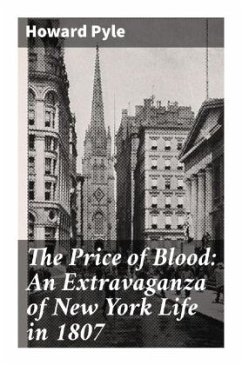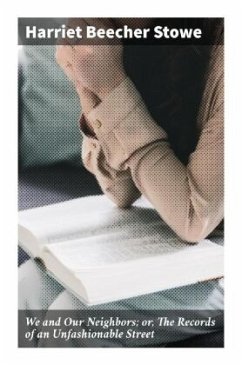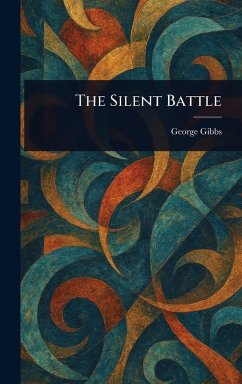
The Disagreeable Woman: A Social Mystery
Versandkostenfrei!
Versandfertig in 6-10 Tagen
7,49 €
inkl. MwSt.

PAYBACK Punkte
4 °P sammeln!
In "The Disagreeable Woman: A Social Mystery," Horatio Alger Jr. presents a compelling narrative that intricately weaves social critique with the conventions of the mystery genre. Set against the backdrop of 19th-century America, the novel explores themes of gender roles, societal expectations, and the complexities of human relationships. Alger employs a vivid, character-driven prose style that not only illuminates the eccentricities of his characters but also serves to reflect the moral dilemmas present in his time, asking readers to reconsider the societal norms that dictate behavior and vir...
In "The Disagreeable Woman: A Social Mystery," Horatio Alger Jr. presents a compelling narrative that intricately weaves social critique with the conventions of the mystery genre. Set against the backdrop of 19th-century America, the novel explores themes of gender roles, societal expectations, and the complexities of human relationships. Alger employs a vivid, character-driven prose style that not only illuminates the eccentricities of his characters but also serves to reflect the moral dilemmas present in his time, asking readers to reconsider the societal norms that dictate behavior and virtue. Horatio Alger Jr., renowned for his rags-to-riches tales, often focused on the struggles and triumphs of young men in society. However, his exploration of female agency in "The Disagreeable Woman" marks a significant departure from his earlier works. Alger's own experiences with social reform movements and the changing dynamics of gender in the late 19th century likely influenced his portrayal of the titular character, showcasing his growing awareness of women's roles within society and the complexities they face. This book is recommended for readers interested in historic social commentary, mystery enthusiasts, and those seeking a nuanced understanding of gender issues in literature. Alger's insights remain relevant, encouraging contemporary readers to reflect on the evolving landscape of societal norms.












